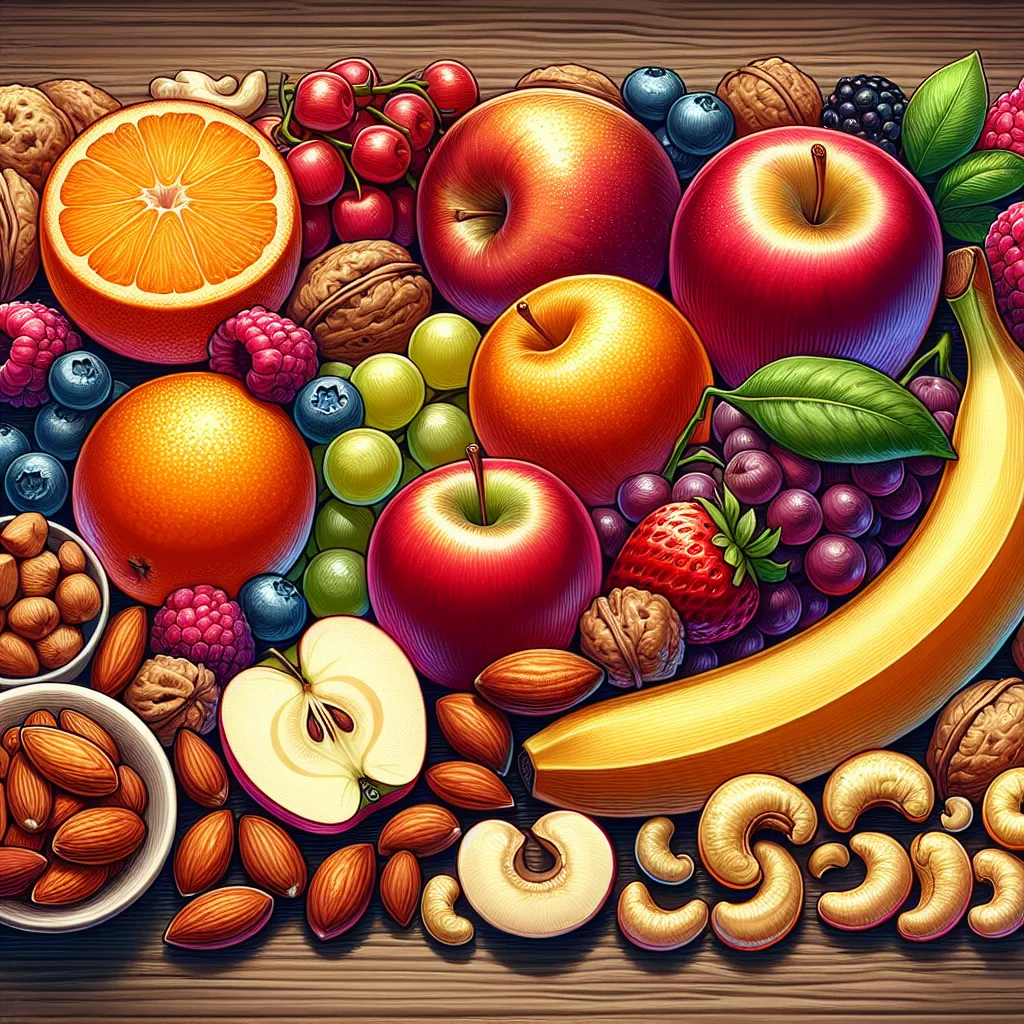The Evolution of Snacking Habits in the Modern Diet
Snacking has become an integral part of the modern diet, with a significant evolution in snacking habits over the years. Traditionally, snacks were seen as occasional treats between meals, often consisting of fruits, nuts, or simple homemade preparations. However, with the fast-paced lifestyle and changing dietary preferences, the role of snacking has undergone a transformation.
In the modern diet, snacking serves as more than just a source of sustenance between meals. It has evolved to fulfill various purposes, including providing quick energy boosts, contributing to nutritional intake, and serving as a form of entertainment. This shift has led to the development of a wide range of snack options, including convenience foods, processed snacks, and grab-and-go items.
The evolution of snacking habits in the modern diet can also be attributed to changing work patterns, busier schedules, and the rise of on-the-go eating. As a result, snacking has become more frequent and, in some cases, has replaced traditional meals. This transformation has raised concerns about the nutritional quality of snacks consumed and their impact on overall dietary patterns.
Understanding the evolution of snacking habits is crucial in addressing the implications for public health, individual nutritional choices, and the food industry. As snacking continues to play a significant role in the modern diet, it is essential to promote awareness of healthy snacking options and encourage mindful consumption to support overall well-being.
Healthy vs. Unhealthy Snack Choices: What’s the Impact on Our Health?
Snacking has become a ubiquitous part of modern diet, with an abundance of options available to consumers. However, not all snacks are created equal when it comes to their impact on our health. The choices we make when it comes to snacking can have a significant influence on our overall well-being.
Healthy snack choices, such as fresh fruits, vegetables, nuts, and yogurt, can provide essential nutrients, fiber, and energy to support our daily activities. These snacks are rich in vitamins, minerals, and antioxidants, contributing to a balanced diet and promoting good health. On the other hand, unhealthy snack choices, including sugary treats, processed foods high in saturated fats, and salty snacks, can lead to excessive calorie intake, weight gain, and increased risk of chronic diseases such as obesity, diabetes, and cardiovascular issues.
It’s important to consider the impact of our snacking habits on our overall health. Making conscious decisions to opt for healthier snacks can contribute to better health outcomes in the long run. By choosing nutrient-dense options and avoiding empty-calorie snacks, individuals can better manage their weight, improve their energy levels, and reduce the risk of developing lifestyle-related health conditions.
With the wide availability of both healthy and unhealthy snack choices, it’s essential for consumers to be mindful of their selections. Incorporating whole foods and minimally processed snacks into our diets can have a positive impact on our well-being, while limiting the intake of refined sugars, trans fats, and excessive sodium from unhealthy snacks is crucial for maintaining good health.
In conclusion, the role of snacking in modern diet underscores the importance of making informed choices. By understanding the impact of healthy versus unhealthy snack options on our health, individuals can take proactive steps towards a balanced and nutritious diet, ultimately leading to a healthier lifestyle.
Snacking and Its Influence on Nutritional Balance in Today’s Diet
In today’s fast-paced lifestyle, snacking has become an integral part of the modern diet. While snacking can provide a convenient way to curb hunger between meals, it also has a significant influence on the overall nutritional balance of one’s diet. With the increasing availability of processed and high-calorie snack options, many individuals find themselves struggling to maintain a healthy diet due to excessive snacking.
Snacking plays a crucial role in determining the overall nutritional quality of one’s diet. Frequent consumption of unhealthy snacks, such as sugary treats, salty chips, and high-fat convenience foods, can lead to an imbalance in essential nutrients. These snack choices often contribute excess calories, added sugars, saturated fats, and sodium, while lacking essential vitamins, minerals, and fiber.
Moreover, the impact of snacking goes beyond just the nutritional content of the snacks themselves. It can also disrupt the regularity and balance of main meals, leading to erratic eating patterns and overconsumption of calories throughout the day. This disruption can interfere with the body’s natural hunger and satiety signals, making it more challenging to maintain a healthy weight and overall well-being.
As a result, it is essential for individuals to be mindful of their snacking habits and make conscious choices that contribute to a more balanced diet. Opting for nutrient-dense snacks such as fruits, vegetables, nuts, and yogurt can help promote a more balanced intake of essential nutrients while keeping unnecessary calories and unhealthy additives at bay. Additionally, practicing mindful snacking by paying attention to portion sizes and hunger cues can contribute to better overall nutritional balance within the modern diet.
In conclusion, snacking has a significant influence on the nutritional balance of today’s diet. By being aware of the impact of snacking choices and making mindful decisions, individuals can better achieve a balanced and nutritious diet in the midst of busy lifestyles and abundant snack options.
Mindful Snacking: How to Incorporate Snacks into a Balanced Diet
Snacking has become an integral part of modern diet patterns, but it is often associated with unhealthy eating habits and excessive calorie consumption. However, the concept of mindful snacking is gaining momentum as an approach to incorporate snacks into a balanced diet. Mindful snacking involves paying full attention to the experience of eating and making conscious choices about the types and amounts of snacks consumed.
When incorporating snacks into a balanced diet, it is important to focus on nutrient-dense options that provide essential vitamins, minerals, and energy. Fresh fruits, raw nuts, yogurt, and vegetable sticks with hummus are excellent examples of healthy and satisfying snack choices. Furthermore, portion control plays a pivotal role in mindful snacking, as it helps prevent overeating and ensures that snacks complement the overall daily caloric intake.
Another aspect of mindful snacking is being attuned to hunger and satiety cues. Instead of reaching for snacks out of habit or boredom, individuals should pause and assess whether they are genuinely hungry. This approach encourages a deeper connection with the body’s signals and promotes a more balanced relationship with food.
Incorporating mindfulness into snacking habits also involves minimizing distractions during eating. By being present in the moment and savoring each bite, individuals can enhance their satisfaction from snacks and reduce the likelihood of mindless overconsumption.
In summary, mindful snacking offers a valuable framework for integrating snacks into a balanced diet. By choosing nutrient-dense options, practicing portion control, being attentive to hunger cues, and minimizing distractions, individuals can cultivate a positive snacking experience that supports overall health and well-being.



